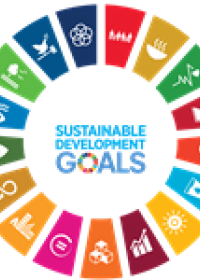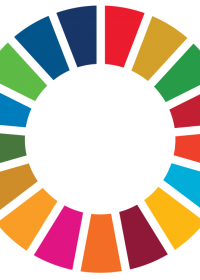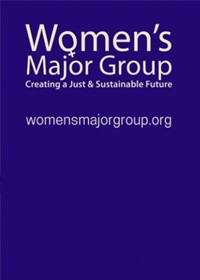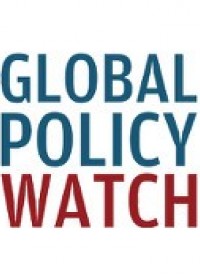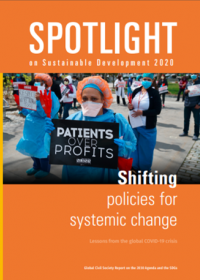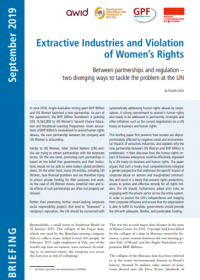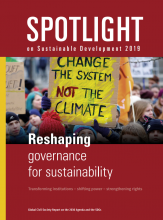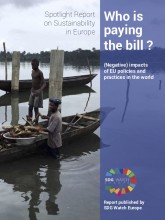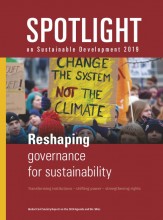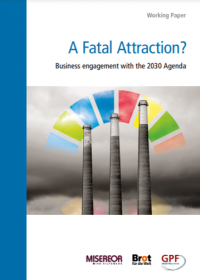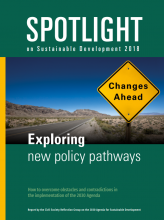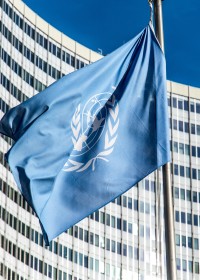
Jointly organized by Civil Society Financing for Development Group including the Women’s Working Group on Financing for Development, Femnet, Forum for Women and Democracy, Womankind Worldwide in co-operation with inter alia Society for International Development, Global Policy Forum, Brot für die Welt, MISEREOR, Christian Aid, Social Watch and many more.
The pursuit of the 2030 Agenda requires UN Member States to provide the necessary regulatory and financial means, including the removal of structural barriers to social, economic, and [...]


